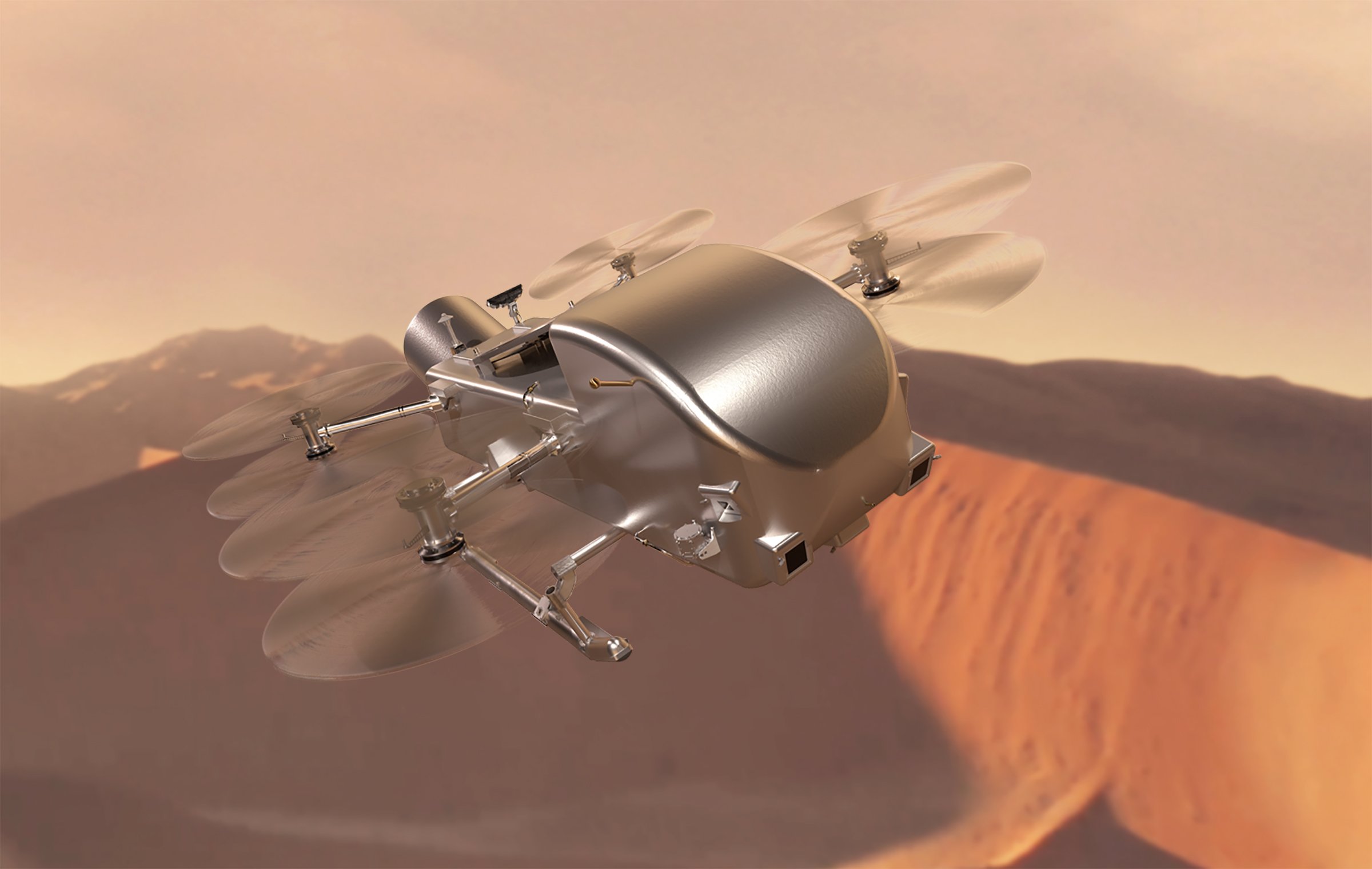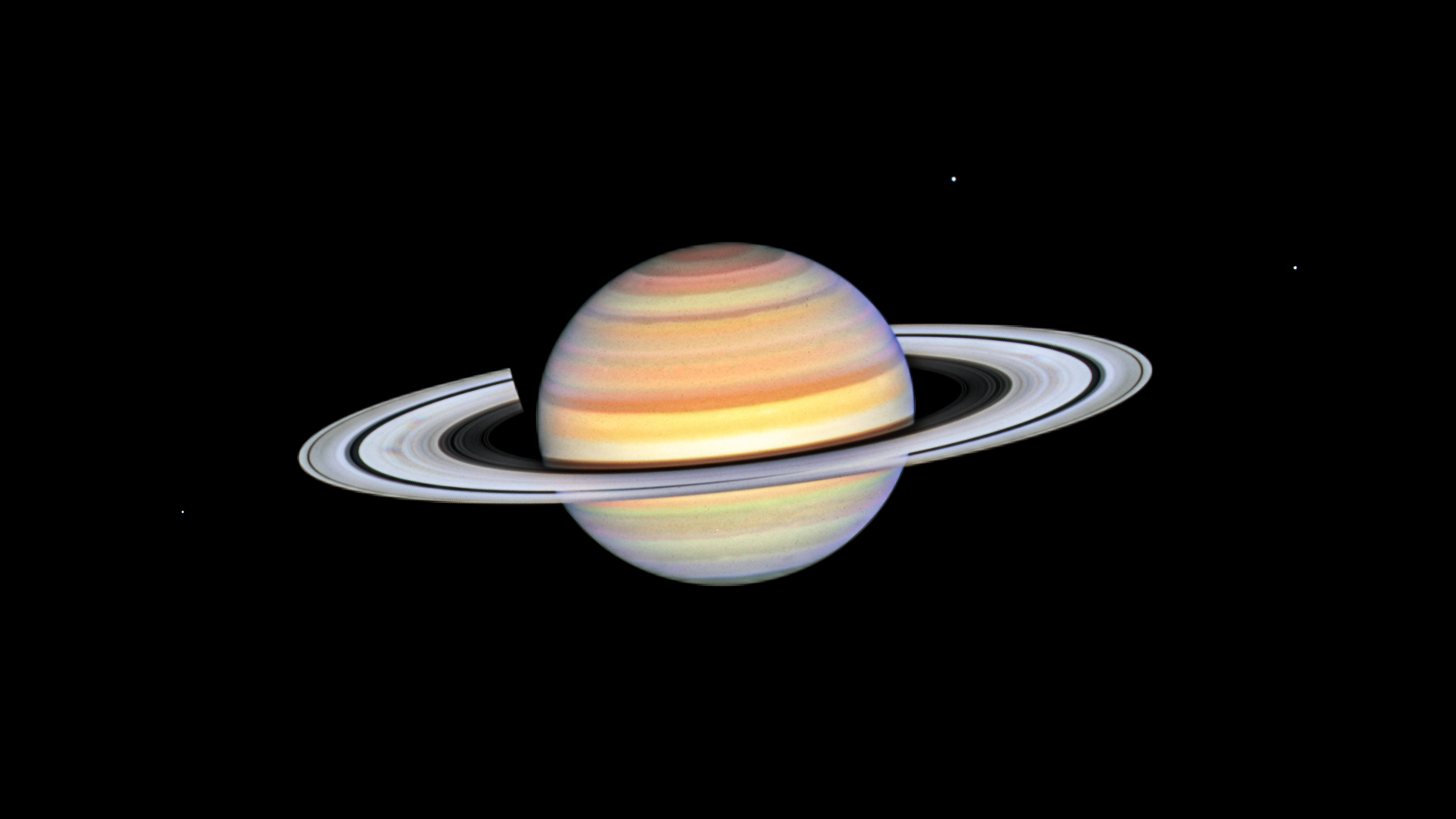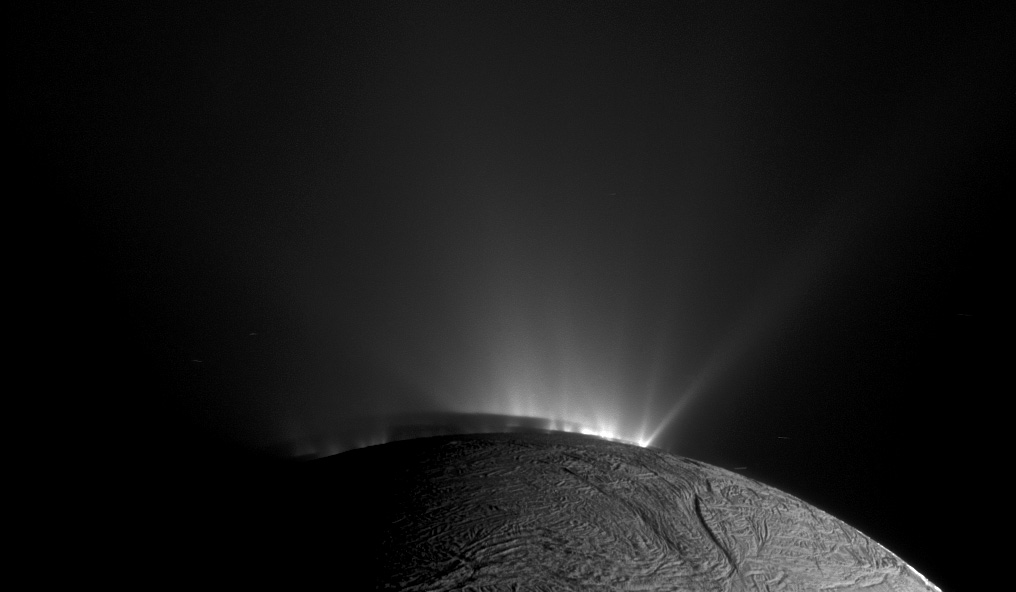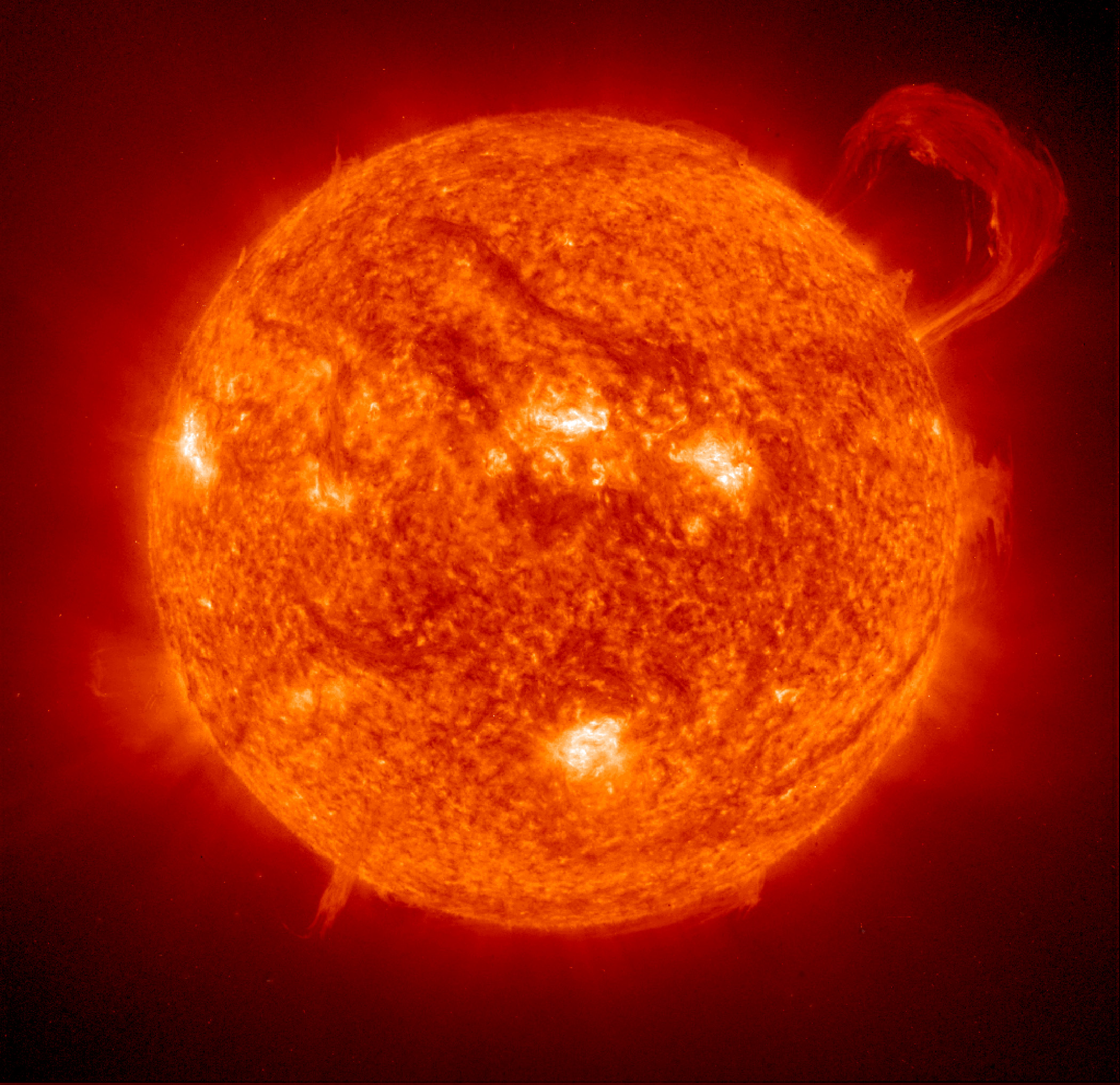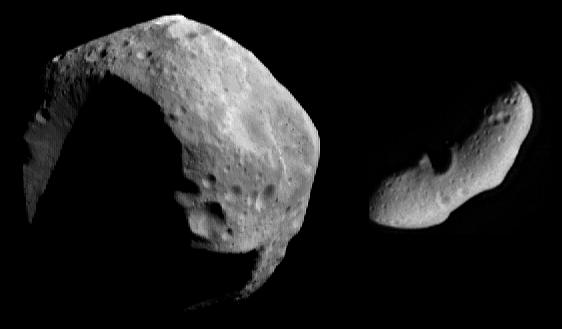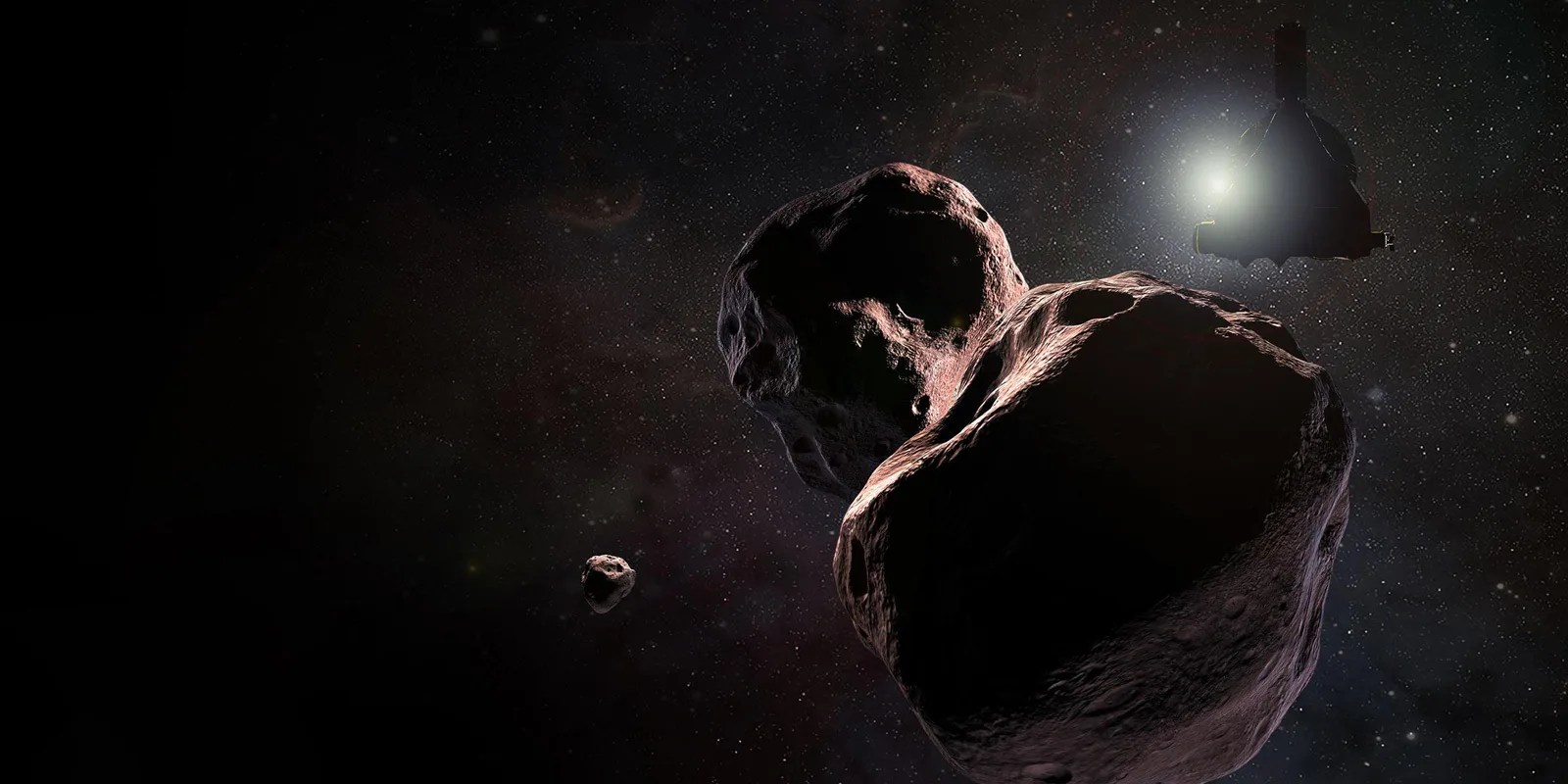4 min read
Cassini Significant Event Report
For Week Ending 01/23/04
The most recent spacecraft telemetry was acquired from the Goldstone tracking station on Tuesday, January 20. The Cassini spacecraft is in an excellent state of health and is operating normally. Information on the present position and speed of the Cassini spacecraft may be found on the "Present Position" web page located at http://saturn.jpl.nasa.gov/operations/present-position.cfm .
The first Approach Science sequence, C42, continued this week with successful uplink and execution of a flight software check-out of the Cosmic Dust Analyzer flight software version 9.2. A real-time command was sent to re-synchronize the Cassini Plasma Spectrometer instrument, and the Ion and Neutral Mass Spectrometer instrument executed a baseline instrument checkout activity.
A major milestone in the completion of the Cassini Science Operations Plan has been achieved this week, with the Target Working Teams (TWTs) and Orbiter Science Teams (OSTs) completing integration of the entire four-year tour of the Saturn system. This effort integrated and resolved conflicts for all the requested science and engineering activities, defined and integrated the detailed observation types or observing campaigns, and developed cooperative/synergistic observation sets and observing campaigns, including the durations, data volume estimates, and pointing requirements of all those activities. Kudos to all the science and flight team members that supported these integration teams over the two and a half year span of this activity. Special thanks were extended from the Science Planning Team Lead to the leads and co-leads of the Saturn, Magnetosphere, Rings, Cross-Discipline TWTs, the Titan Orbiter Science Team (TOST), and the Satellite Orbiter Science Team (SOST).
The Spacecraft Operations Office (SCO) completed an initial run of the Probe Relay demo activities in the Integrated Test Laboratory (ITL) this week. This test-run walked through preliminary versions of files and procedures for the Probe Relay flight demo, "uplinking" those files to the ITL spacecraft simulator as they are planned in flight. Another test run is planned in the coming weeks, as the team continues to prepare and practice for the Probe Relay flight demo coming up in March.
The C44 Science Planning Team activity concluded this week, making an early delivery of the plan for the C44 Approach Science sequence to the C44 Sequence Team. The Sequence Team kicked off their Science and Sequence Update Process (SSUP) activity for C44, which will produce the third and final Approach Science sequence.
A Cassini Design Team meeting was held to discuss the impact of proposed changes to the SCO Inertial Vector Propagator (IVP) tool. The change to the IVP tool would potentially provide better target position modeling for pointing the Cassini S/C in tour. The meeting reviewed potential impacts of the change to IVP tool on the upcoming Mission Sequence Subsystem (MSS) D10.2 delivery, which was baselined to include the upcoming IVP tool delivery.
The Instrument Operations Working Group met to review the baseline design of the Automated Sequence Processor (ASP). The ASP is planned to significantly benefit the instrument teams, allowing them access to an expedited process for building, delivering, and uplinking non-interactive files directly to their instruments. The ASP capability will be delivered as part of MSS D10.2.
Delivery coordination meetings were held for the Cassini Information Management System (CIMS) 3.0.1 and RADAR Build 3 ground software sets, and both were accepted for operational use. The CIMS patch delivery was made to better implement a Spacecraft Activity Sequence File parsing capability. The RADAR Build 3 delivery included builds of both the RADAR Mapping Sequencing Software, a subsystem that builds RADAR Instrument Expanded Blocks (IEBs), and the Radar Analysis Software, the downlink analysis software subsystem. Two additional builds of the RADAR software are planned (April '04 and Oct '04).
The Uplink Operations team received final review comments for their upcoming SSUP Ops Plan update. The SSUP Ops Plan defines the ten week sequencing process, which is used to build, uplink, and execute the activities laid out in the science planning processes that precede the SSUP.
Additional information about Cassini-Huygens is online at http://saturn.jpl.nasa.gov.
Cassini will begin orbiting Saturn on July 1, 2004, and release its piggybacked Huygens probe about six months later for descent through the thick atmosphere of the moon Titan. Cassini-Huygens is a cooperative mission of NASA, the European Space Agency and the Italian Space Agency. JPL, a division of the California Institute of Technology in Pasadena, manages the mission for NASA's Office of Space Science, Washington, D.C.
Media Relations Office
Jet Propulsion Laboratory
California Institute of
Technology
National Aeronautics and Space
Administration
Pasadena, Calif. 91109.
Telephone (818) 354-5011

